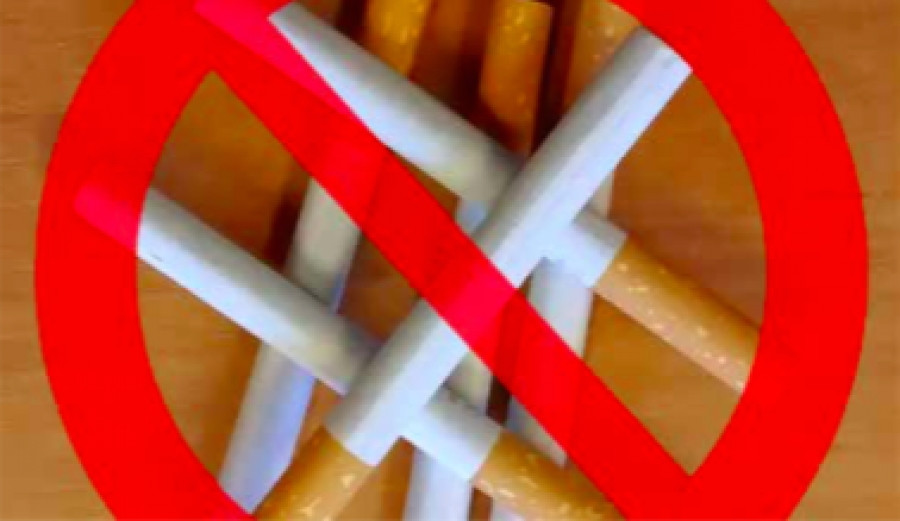
Representative Image
Bangladesh’s recent decision to allow a nicotine-pouch manufacturing plant marks a moment of unsettling contradiction. The government has authorized a company to produce hundreds of millions of nicotine sachets annually in the name of industrial expansion, while still claiming to make the nation tobacco-free by 2040. These pouches, which contain synthetic or non-leaf nicotine, are placed between the gum and lip, offering a quick chemical fix without smoke. Marketed widely as “reduced-risk” alternatives to cigarettes, they appear cleaner and more modern, but they remain addictive and harmful, especially for youth. What gives this decision its moral weight is not simply that nicotine-pouches are being produced, but that the factory is described as “fully domestically oriented”, meaning the products are intended for sale inside Bangladesh, not just for export. If the operation were designed purely for export, the argument would center on trade ethics. But with domestic sales in view, the factory represents something deeper: a shift in what kind of harm the state is willing to normalize at home, and what kind of well-being it is prepared to sacrifice for the illusion of progress.
This contradiction reflects a wider governance crisis in developing economies where economic growth and public health often pull in opposite directions. Bangladesh, a country long committed to tobacco control, now finds itself licensing a new addiction in a different form. According to The Tobacco Atlas, adult smoking prevalence in Bangladesh is about 17 % (≈ 20.9 million adults), with 34.1 % of men and 0.4 % of women aged 15+ smoking. Meanwhile, nearly 28 % of adults use smokeless tobacco products such as zarda, gul, and khoinee. These figures show a population already deeply dependent on nicotine in one form or another. In such a setting, allowing a new nicotine-product industry aimed at the domestic market raises troubling ethical questions: is the policy protecting people, or monetizing their vulnerability?
Addiction, after all, is never an isolated phenomenon. It weaves itself into families, depletes household income, and deepens inequality. One major study estimated that tobacco use in Bangladesh caused nearly 126,000 deaths (accounting for 13.5 % of all deaths) in 2018 and cost the economy around BDT 305.6 billion (≈ USD 3.6 billion) in health-care and productivity losses. In poorer households, nicotine consumption often means less for food, education, or healthcare, a silent redistribution of resources from necessity to dependency. Every new form of nicotine introduced into this environment, no matter how sleekly packaged, extends a social epidemic that the country has spent decades trying to contain. The approval of a nicotine-pouch factory, thus, cannot be read as just a business decision; it is a choice with long moral and generational consequences. The young, especially, are at risk: with their flavored varieties and minimalist design, pouches speak the language of trend and rebellion, inviting curiosity rather than caution. The seductive vocabulary of “choice” and “freedom” hides the fact that addiction is the quietest form of captivity, one that drains both autonomy and imagination.
Human well-being depends on more than physical health. It thrives on dignity, trust, and a sense that public institutions exist to protect, not exploit. The state’s moral credibility erodes when its promises and actions diverge so starkly. When a government pledges to eliminate tobacco while approving new nicotine industries, it sends mixed signals about what kind of society it envisions. Another data point: the global nicotine-pouches market, according to recent projections, was valued at USD 5.39 billion in 2024 and is expected to reach about USD 25.4 billion by 2030, growing at nearly 30 % annually. This shows how the industry sees massive growth — and Bangladesh appears to be positioning itself inside that growth, rather than resisting it. The irony is sharp: in a country where the annual cost of tobacco illness far exceeds the industry’s total contribution, adopting a new nicotine product may be less about public health and more about commercial capture. It is a reminder that progress untethered from principle does not elevate a nation; it simply teaches it to breathe in profit and exhale consequence.
Bangladesh’s challenge, then, is not just to regulate a product but to rediscover a principle. True progress cannot be built on substances that hollow out the very people it claims to serve. A nation’s greatness is measured not by the number of factories it opens, but by the integrity of the choices it makes. Had this factory been restricted solely to exports, the issue would have remained an economic debate. But because it is domestically oriented, the consequences will unfold in homes, schools, and clinics. The decision to manufacture and market nicotine pouches at home thus becomes a question about the moral priorities of governance itself. Economic zones may build factories, but only ethical governance builds societies. The decision over nicotine pouches is, at its core, a question of what kind of air Bangladesh wants its people to breathe, the kind that sustains life or the kind that slowly dulls its spirit. In the end, a nation’s future is not written in its factories or balance sheets, but in the quiet choices it makes about the worth of its own breath.
The writer is an Assistant Professor in the Department of Philosophy at IUBAT and is currently on study leave, residing in Oslo, Norway


